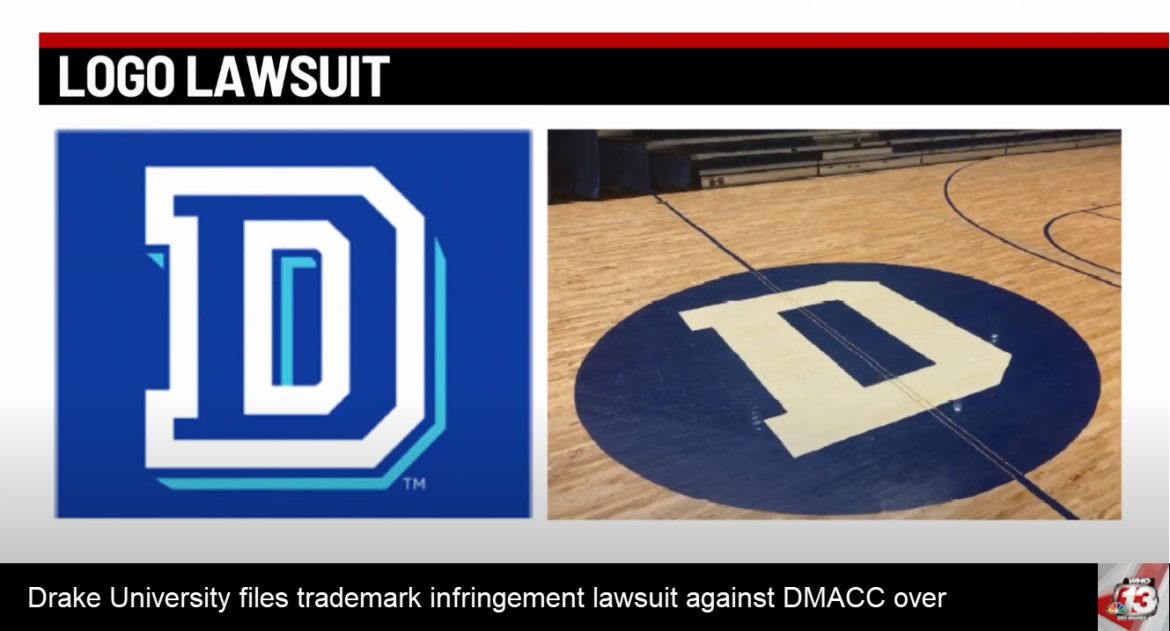Drake University has initiated a federal lawsuit against Des Moines Area Community College (DMACC) for trademark infringement. Filed on Monday, the lawsuit contends that DMACC’s new logo closely resembles elements of Drake University’s long-established brand identity, including specific text and color schemes.
The dispute centers around DMACC’s recently unveiled logo, which features a single “D” in block lettering. Drake University argues that this design is strikingly similar to its own logo, which the institution claims to have used since at least 1902. The university asserts that the resemblance could cause confusion and dilute the distinctiveness of its brand.
Drake University’s legal complaint outlines the historical significance and extensive use of its logo, emphasizing the potential impact on its reputation and market presence. The lawsuit seeks to prevent DMACC from using the contested logo and requests damages for the alleged infringement.
“Drake University has invested significant resources over many years to build a strong and recognizable brand,” a spokesperson for Drake University stated. “We are committed to protecting our intellectual property and ensuring that our identity remains distinct.”
DMACC has yet to publicly respond to the lawsuit. The community college’s new logo was part of a recent rebranding effort aimed at modernizing its visual identity and enhancing its appeal to prospective students.
Legal experts suggest that the case will hinge on the specifics of trademark law, particularly the likelihood of consumer confusion between the two logos. Trademark infringement cases often involve detailed analysis of the logos’ visual similarities and the extent to which one may impact the other’s market.
This lawsuit marks a significant legal battle between two prominent educational institutions in Iowa. The outcome could have broader implications for how colleges and universities approach branding and trademark protection.
As the case progresses, both institutions will likely present extensive evidence to support their claims, including historical use of their logos and expert testimony on trademark law. The court’s decision will be closely watched by the academic community and legal professionals alike.



